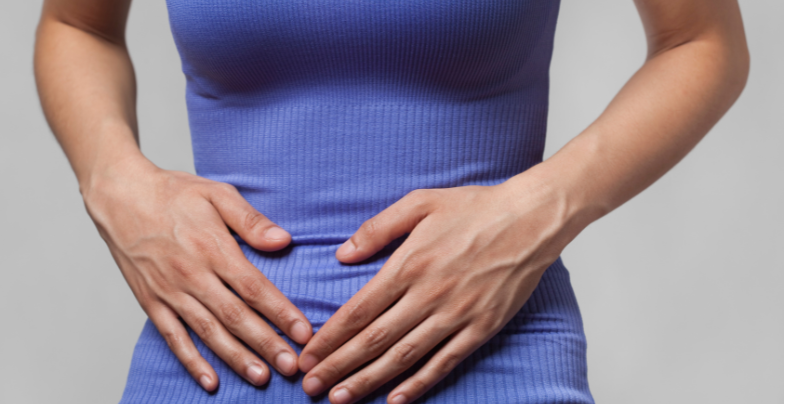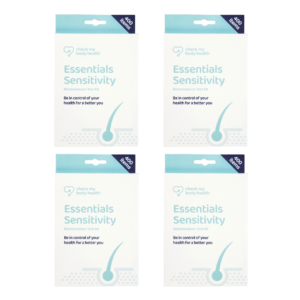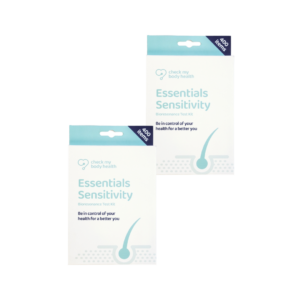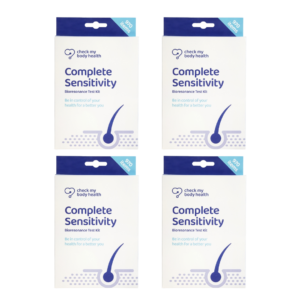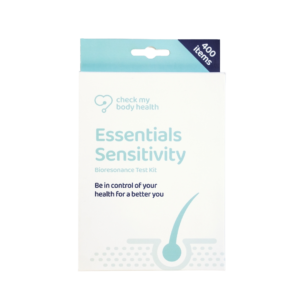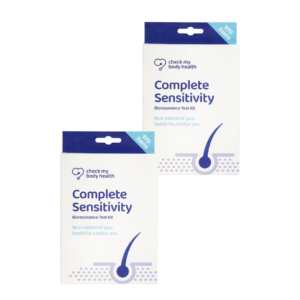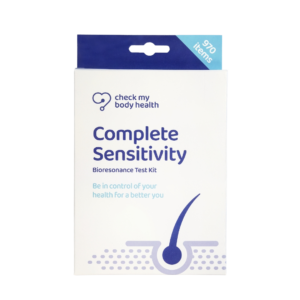Diarrhoea is something that most people will suffer from at some stage in their lives, whether caused by a bug, food poisoning or a condition that you have to live with, such as irritable bowel syndrome/disease, Crohn’s Disease or Diverticulitis.
If the symptoms are caused by a bug or food poisoning, apart from the nasty, inconvenient part, you can control it once it happens, and resolve it pretty quickly. However, if it is a symptom of a condition that you must live with long term, the problem is much less easily resolved and means a constant watch on what and how you eat, usually accompanied by medication. If the problem persists, your doctor will probably recommend tests to see what is causing your condition.
There are of course, many other reasons for diarrhoea. It could be caused by stomach surgery, medications, antibiotics – the list is pretty endless. At the other end of the spectrum, it could be a food sensitivity or something your body reacts to in your environment. These can easily be pinpointed by a Complete Sensitivity Test, which is quick, easy and unintrusive.
Symptoms of diarrhoea
These are mostly obvious. Commonly known as ‘the runs’, symptoms can vary from person to person, and range in severity, depending on what has caused the initial reaction. You potentially experience:
- Frequent and sometimes uncontrollable desire to visit the bathroom many times
- Nausea (not everyone)
- Stomach cramps or pain
- Bloating
- Change in consistency and colour of stools, i.e. watery, yellow or other
Remember that medications can change your bowel habits, particularly if you have just started them, so check with your doctor that this could be a common occurrence or something unusual.
How to treat diarrhoea
Hydration:
Probably the most important and necessary thing you must do is to keep hydrated. If you are losing fluid from either nausea or diarrhoea or both, you must regularly top up with fluids. Plain water is pretty perfect, but do avoid tea, coffee (caffeinated drinks), milk, fizzy drinks or soda. Of course, you should avoid alcohol whilst symptoms persist and at least a few days after, as your tummy needs time to recover.
Pharmacists stock a range or rehydration drinks, normally in sachets, to combine with water. These drinks are an excellent source of electrolytes, amino acids, sugar and salt to replace those elements that are vital to your body.
What to eat:
Whilst you have diarrhoea, it is advisable to treat your stomach very gently. When diarrhoea hits you, it very quickly kills of all the good bacteria in your stomach which you need to keep your digestive system in good working order. The best way to restore your gut balance is to only eat lightly and include some probiotics such as kefir, kimchi, miso, cottage cheese, sourdough bread and yoghurts that contain live bacteria (probiotics). If you like to eat yoghurt, please do choose the live ones.
Heard about the BRAT diet?:
When it comes to feeling hungry but still with slight symptoms of diarrhoea, one recommended way to eat is the BRAT diet. BRAT stands for bananas, rice, apple juice and toast! Whilst this is not a good way to eat long term, it does serve short term purpose very well.
The BRAT diet is based upon eating foods that are known to firm up your stools to return them to how they should be, without being unkind to your stomach. As most diets are given a title that people remember, it doesn’t mean there aren’t other foods you can include, but they must be relatively bland – not a great prospect when food should be tasty and nutritious.
Eating items such as bread, toast, dry crackers, cereal products such as oatmeal, porridge etc., will help towards settling your stomach. Boiled or steamed vegetables, including carrots, potatoes, and green beans should help you, and if you feel like tackling more nutritious foods such as chicken or turkey, these are fine as long as they are skinless and preferably baked or roasted with very little oil.
You just need to think about non-greasy, low fibre and low fat items, that will not upset your already sore stomach, and give it time to recover.
Written by Bev Walton, BSc Nutritional Science
I achieved a First-Class Honours degree in BSc Nutritional Science, Nutrition Sciences from the University of Reading and now have over 35 years experience in all types of cuisine, dietary plans, recipe development, health and nutrition. I have been writing for over 10 years for magazines and websites as well as ghostwriting for ebooks, Kindle and fully published books. I’m also a proud member of the Guild of Food writers.





















